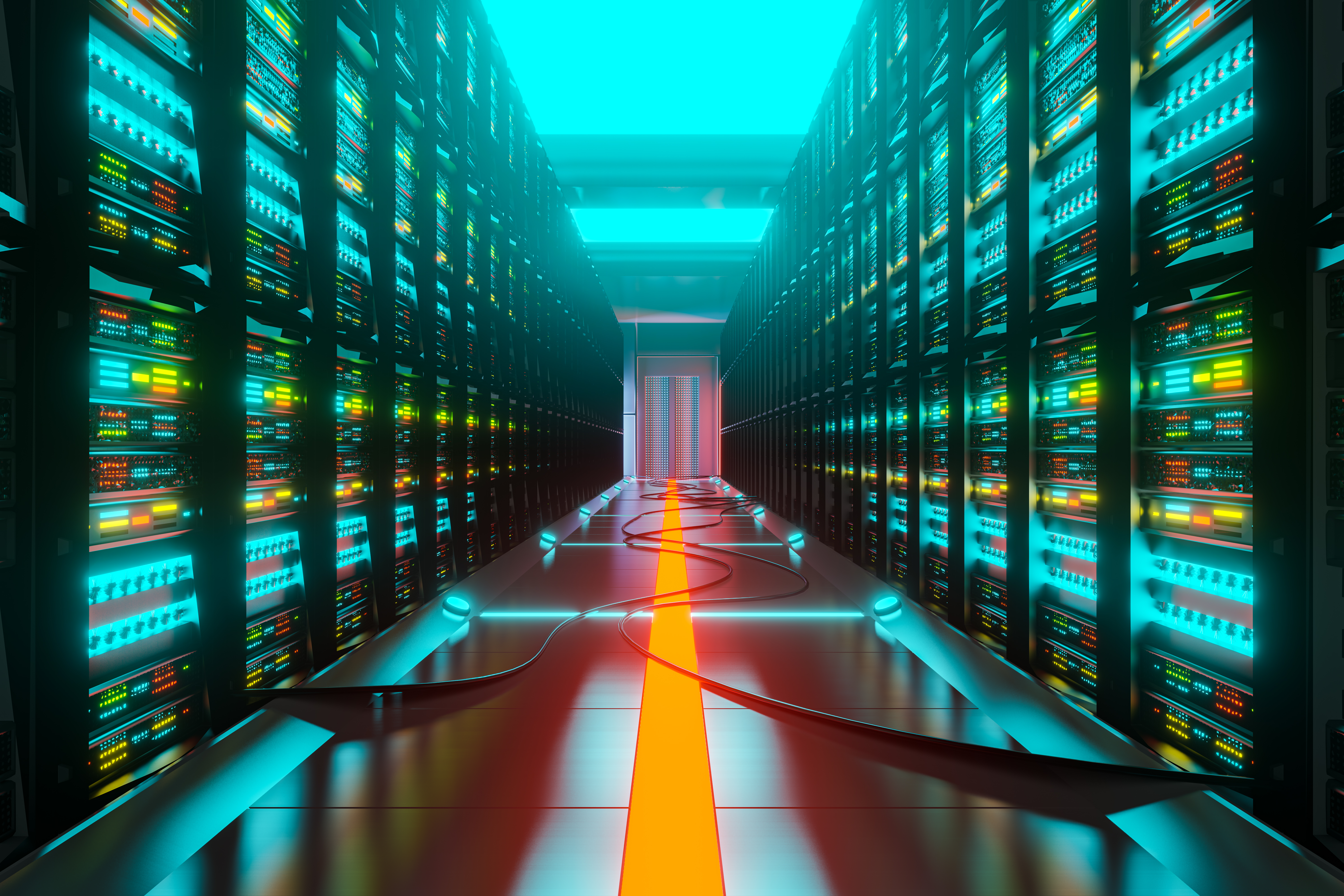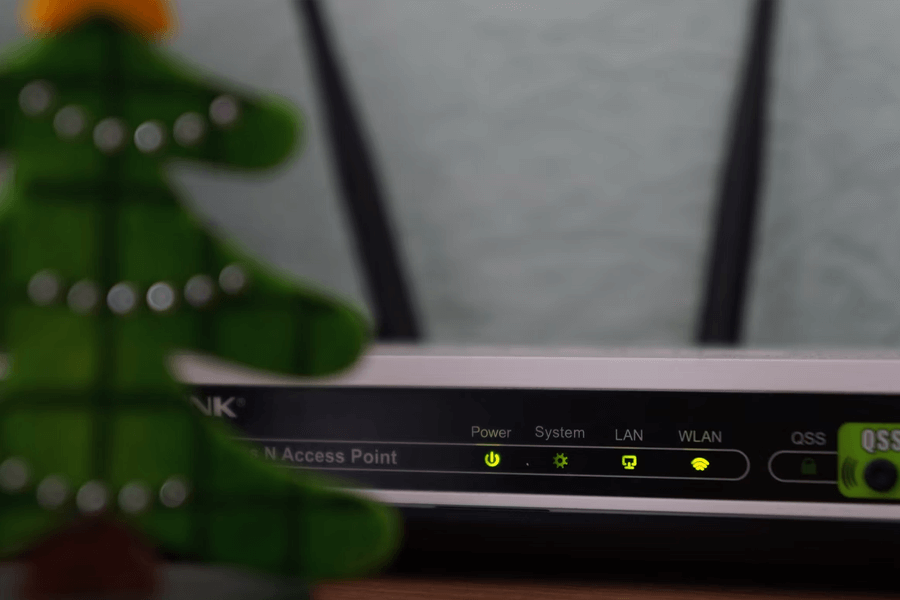What IT Experts Mean by Networking Hardware & What Are The Components Of Networking

Table of Content
Fundamentals About Networking Hardware:
Networking Hardware, Networking Equipment or Computer Networking Devices are the name of the same set of devices that are used for communication and interaction between hardware units operational on a computer network. These are physical electronic devices that enable computer networks to function efficiently and smoothly in order to streamline communication and interaction within an organization.
Networking hardware is in fact add-on of Ethernet Network Protocol (a LAN Technology used for data transmission) and has been designed to cater to the increasingly complex nature of the workplace and the resultant operational necessity to have quicker communication. Twisted Pairs or fiber cables are generationally used for connection medium among various components of Networking Hardware. Depending upon the nature of the workplace and industry, there can be multiple components of Networking, but some core components like Routers, Hubs, Switches, and bridges are most important for proper functionalized and smoother working of this vital hardware requirement of enterprises, whether SMEs or blue-chip companies.
Some important components of Networking Hardware are explained below.
1-Network Interface Cards or Network Adapter:
Network Adapters or Network Interface Cards(NICs) are physical devices that are used to allow computers to participate in network communication. It is used to physically connect computers to networking technologies like Ethernet, Coaxal Ethernet, Token Ring, etc. The NICs are generally in the form of circuit boards or chips. These are either connected externally in the form of the small circuit board or mounted on the motherboard internally. Initially, PCs were connected to modems and in return to the internet through serial ports. But later on, when LAN technology became accessible for many households, Network Adapters were designed to upgrade existing PCs to enable them to connect to the wired network directly. Now NICs have been advanced to such an extent that these can provide connectivity to local computer networking in both Wi-Fi and Ethernet formats. The growing popularity of wireless networking and increasingly slimmer size of devices has also made it difficult to include NICs, therefore, USB-to-Ethernet adapters have been designed to tackle this issue.

The network Adapter should be matched with the network medium, that is cable used in networking. Though Coaxal Ethernet and Token Ring-like networking technologies have almost been abandoned in favor of Ethernet, the compatibility between NIC and cable should be in your mind before making a final decision. In addition, connection type, connection speed, type of card interface (PCI, ISA, PCMCIA), network hubs, warranty, support services, and price should also be given serious consideration for selecting the most appropriate type of adapters for your organization or nature of workflow.
2-Modems:
The word modem is the combination of “modulation” and “demodulation” because it converts the computer’s digital signals to analog ones and vice versa. The sole purpose of this piece of hardware is to provide internet access to your PCs. Modems are generally inherently built into devices provided by Internet Service Providers(ISPs). Though modems work in close connection with routers, there are two different things. Modems bring internet to the home and routers deliver internet to all your devices at home.

Choosing the right modem which is best suited to your requirements is a tricky job, a few tricks are given below that make purchasing a standalone modem budget-friendly and provide a big boost to your business.
- There are multiple versions of modems in the market like DOCSIS 3.0 AND DOCSIS 3.1. The difference in the model can impact the internet speed you will have for viewing web pages, watching movies, and live-streaming social media. A thumb rule, if ISP is providing you 1GB or above speed, you should switch to DOCSIS3.1 or if it does not, you should go for DOCSIS 3.0 as it is cheaper and readily available.
- ISP compatibility is another concern that should deal it seriously. Make sure that your modem is compatible with the internet service that your ISP provides.
- Compatibility between routers and modems also deserves your attention.
3- Routers:
Routers are devices that are used to connect two or more networks. These are used generally to connect home-based or office-based LAN to the internet. This device is provided with a plugged-in internet cable and multiple Ethernet ports to provide wired access to other devices. If need be or if you desire, routers can provide wireless access to other devices as well. Both modems and routers work together to perform one function and that is the availability and accessibility of internet connection. But their role in wireless or wired Networking is different. Routers take internet from modems are split it into all available connected devices in the home. In other words, if you have one Ethernet-connected device, say a desktop, you don’t need to buy a router, only a modem would do the job. But if you have smart TVs, smartphones, laptops, tablets, or mobile workstations at home, you would need routers to provide wireless internet connectivity to these devices.

Buying the right routers could be a daunting task. You should be aware of these important pro-tips:
- The compatibility between the router you have purchased and ISP should be of paramount concern for you. The compatibility must be thoroughly checked and tested.
- If you are looking forward to faster speed, the router with Ethernet cable is the best option because the wireless speed is prone to slow down because signals have to travel through the air and get in touch with many obstacles like walls, floor, furniture, etc.
- Depending upon the requirement of your business, you can select routers that are most suitable. There are multiple versions like 11ax (Wi-Fi 6), 11 ac (Wi-Fi 5), or the older version of 11n(Wi-Fi 4). Wi-FI 6 is the latest standard it can support speeds up to 10Gbps but it is not supplied by most ISPs, so you don’t need to spend too much on Wi-Fi 6. On the other hand, Wi-Fi 5 can support 3.5 Gbps speed which is enough to meet your operational needs. So you can go for W-Fi 5 or a router of similar specs.
- Routers should be MU-MIMMP so that they can provide access to both wired and wireless connections to multiple devices simultaneously without affecting internet speed.
- Routers should also be beamforming so that can determine the location of your device- laptops, mobiles, tablets, or whatever it is- and project a strong signal in that direction. Beamforming has become a very sought-after specification and it is worth investing in as well.
4- Networking Hubs Vs Networking Switches Vs Routers: Which one is Better?
Keeping in view of privacy, security, data transmission form, traffic management, Open System Interconnected Layer (OSI layer), and other concerns in networking, routers are the best option. Routers transmit data in a full duplex form that is data can be transmitted in both directions simultaneously, therefore it increases the traffic speed. Routers work on the most secured networking layer (layer 3) of OSI that ensures privacy and security. In addition, routers use IP addresses for sending the data packet to network devices like workstations, servers, scanners, and printers and thus avoiding unnecessary consumption of bandwidth. So if you want to have LAN for a tiny office or home, go for networking hubs, but for installation of networking for a larger office or business requirements, switches and routers are the most appropriate option and cost-effective as well in the longer terms.
5- Firewalls:
Firewalls are security devices installed in the networking to monitor and filter incoming and outgoing internet traffics in order to protect private internet from hackers or attackers. Firewalls only permit authorized connections, data-like emails, and webpages and don’t allow unauthorized connections to penetrate LAN. In this way, firewalls play a crucial role in data protection and act like a wall between sensitive information and hackers lurking on the public internet for malicious attacks.
A Few Words about Morgan Ingland Ltd.
Morgan Ingland Ltd. offers a full portfolio of networking hardware and associated pre-sale and post-sale IT solution designing. We have been offering a cost-effective full range of Networking Equipment including but not limited to modems, routers, network adapters, firewalls, networking cables, Aruba Switches , access points, and more. Feel free to avail our services.